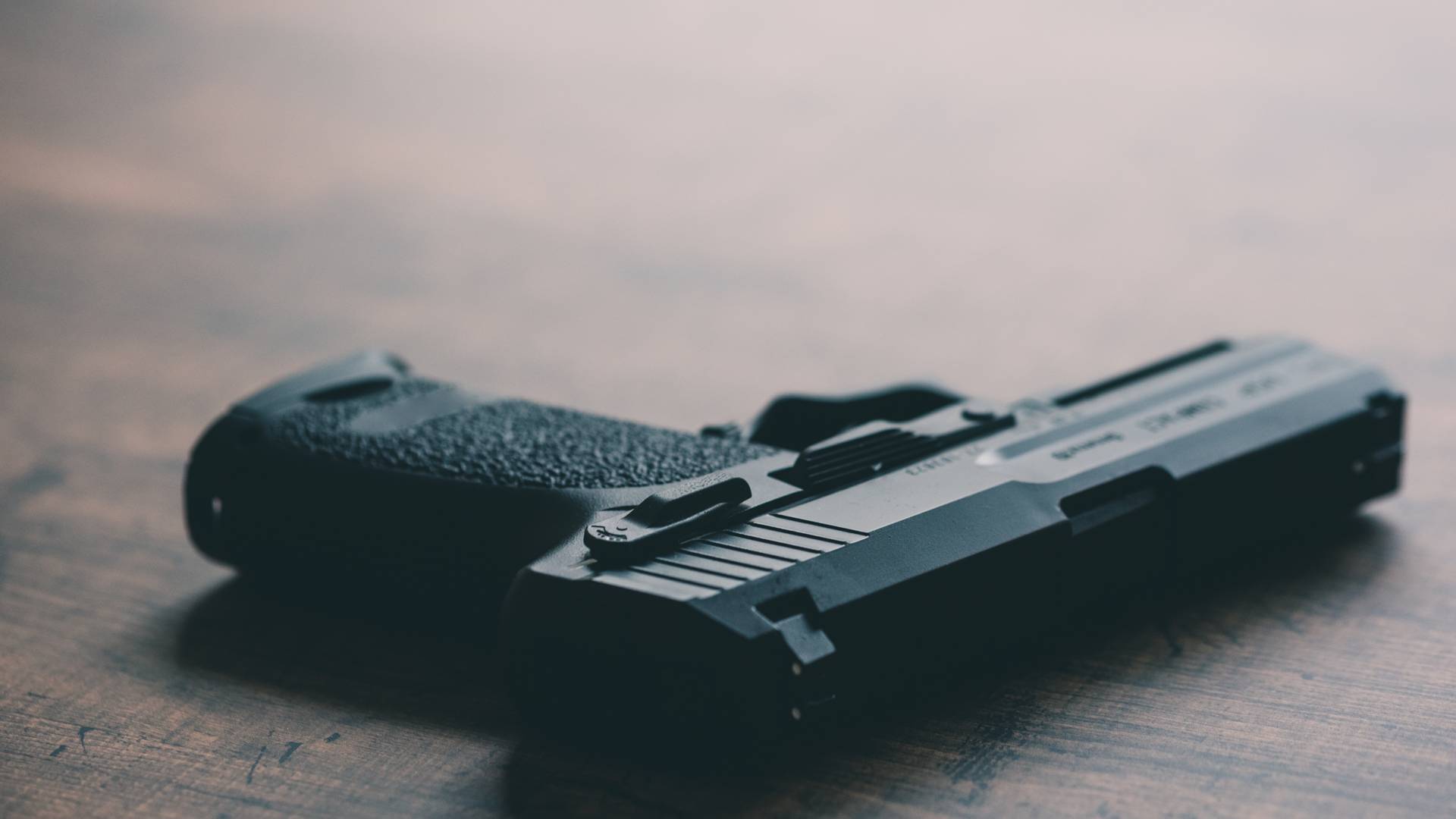When you are thought to be driving under the influence of alcohol, you might be asked to take a breath test to get a blood alcohol concentration reading. This is usually done by an officer using a breath analysis device, commonly referred to as a Breathalyzer. While this is common, there are several things that can affect the results of the breath test. Our Maryland readers might be interested in learning some of these things.
In order to work properly and give an accurate reading, the Breathalyzer must be properly calibrated. Each state, including Maryland, has specific laws regarding the calibration of these machines. The law covers how often it has to be done, as well as how it has to be done. If a Breathalyzer isn't properly calibrated, it is possible to present that information as a defense if the prosecution is relying on that test as the basis of proving intoxication.
There are several points, besides calibration, that come into play when presenting a defense that has to do with an improper Breathalyzer test. One of these has to do with your activities prior to taking the test. Just before the test and during the test, you can't burp, vomit, eat, smoke or regurgitate. Doing any of those can have an effect on the results of the test.
Of course, using any of these as a defense means having to know what points to explore. For example, some people might not realize that in most states, you have to take two tests. Those readings have to be within .02 of each other. Knowing the fine points of Breathalyzer admissibility might help to mount a defense against the charges.
Source: FindLaw, "Breathalyzer Calibration" accessed Feb. 12, 2015
